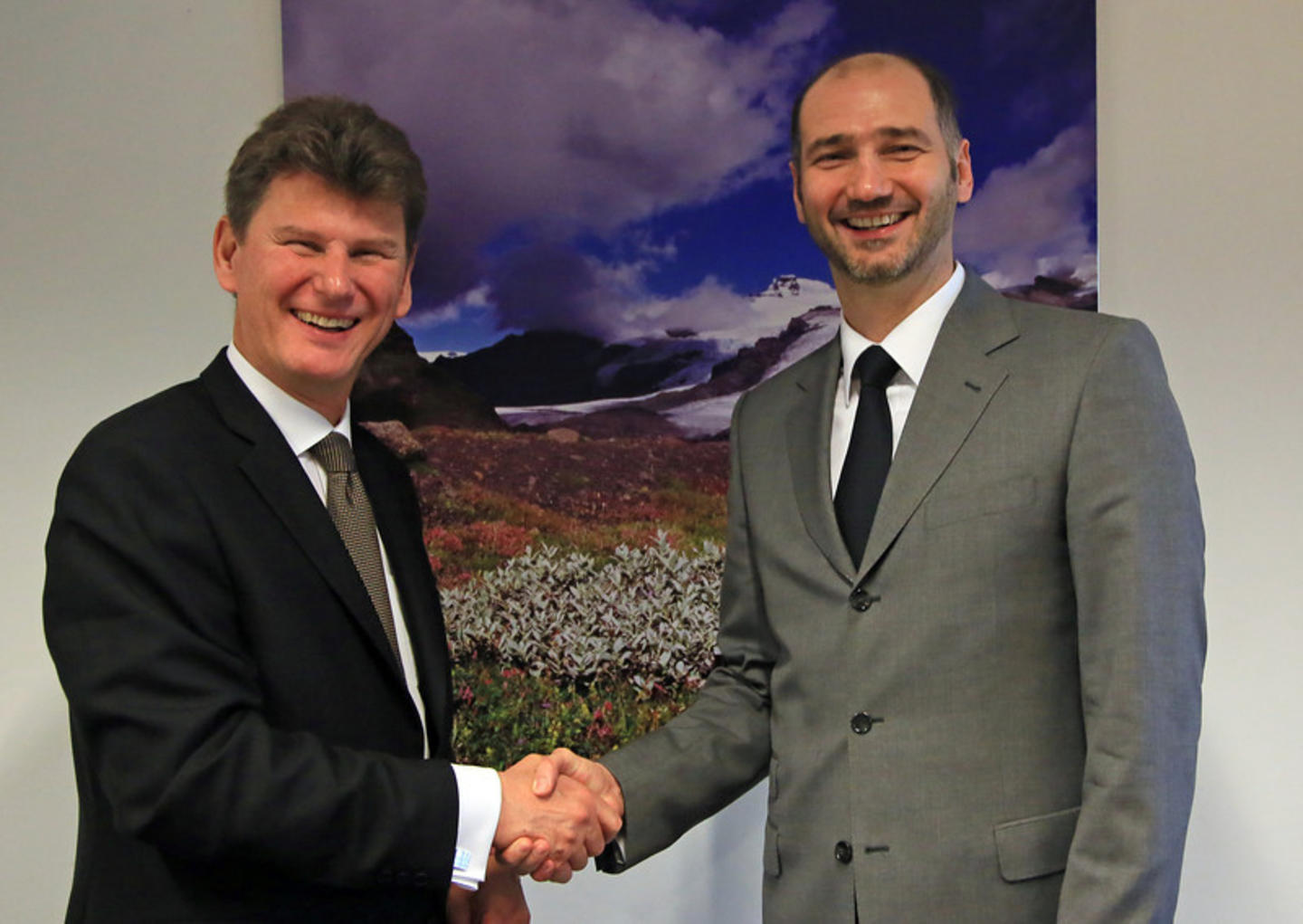On 20 November agreement was reached on Croatia’s entry to the European Economic Area (EEA). This makes Croatia the 16th beneficiary country of the existing EEA and Norway Grants scheme for the period 2009-2014 (projects may be implemented until 2016). For the remainder of this period, €9.6 million will be allocated to projects aimed at reducing social and economic disparities and strengthening bilateral ties between Croatia and the three donor countries, Iceland, Liechtenstein and Norway.
‘The EEA and Norway Grants will contribute to strengthen the contact and cooperation between Norway and Croatia’, said Vidar Helgesen, Minister of EEA and EU Affairs at the Office of the Prime Minister of Norway.
Croatia – in EEA and EU
On 1 July this year, Croatia celebrated almost 20 years of economic and social progress since declaring independence by becoming the 28th member of the European Union. When a country becomes a member of the EU, it shall also apply to become party to the EEA Agreement. EU and EEA membership is important not just for the economic benefits but also for Croatia’s political normalisation following the bitter Balkan wars of the 1990s, anchoring it firmly in the European mainstream.
The agreement will enter into force once formally ratified by EU Member States and the EEA/EFTA countries; Norway, Iceland and Lichtenstein.
Far-reaching reforms
Croatia is a very different country than it was at the start of the EU accession process in 2005. The country has had to undertake far-reaching political, economic and institutional reforms and made substantial progress. Before the global financial crisis of 2008-2009, the Croatian economy was growing at an annual rate of 4-5%, during which time incomes doubled and economic and social opportunities dramatically improved.
However, the prolonged crisis put this progress to the test with Croatia suffering from negative economic growth and unemployment rising to over 14%. GDP per capita was 40% below the EU average in 2012 and joblessness among young people in particular, as in much of Europe, is a serious concern at a staggering 40%.
Contribution
Accession to the EU and the European Economic Area offers an opportunity to strengthen the competitiveness of the country and increase cooperation. Funding from the EEA and Norway Grants - channelled through programmes seeking to reduce economic and social disparities - has a contribution to make. Specific funding areas and the amounts allocated to each programme will be announced as soon as the country-specific Memorandum of Understanding (MoU) is agreed and signed.
Stay updated on the Croatian programme areas by visiting our website – www.eeagrants.org/Where-we-work/Croatia
